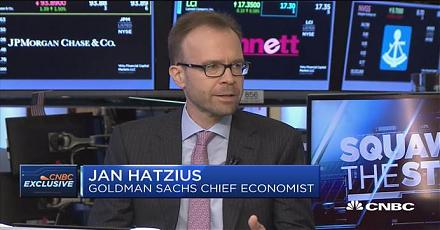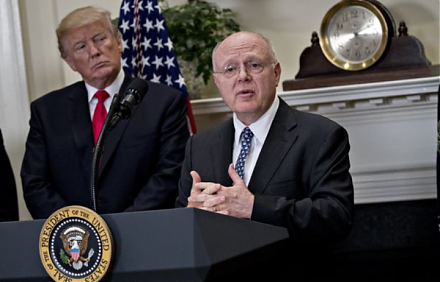

2018-08-15 14:40:00 Wed ET
technology social safety nets education infrastructure health insurance health care medical care medication vaccine social security pension deposit insurance
Senator Elizabeth Warren advocates the alternative view that most U.S. trade deals serve corporate interests over workers, customers, and suppliers etc. She then introduces her new bill, the Accountable Capitalism Act, which would require large public corporations to consider the key interests of stakeholders in corporate decisions. If U.S. Congress passes this bill, large public corporations with more than $1 billion sales revenue would need to apply for a corporate charter from the federal government. These corporations would effectively have to become benefit corporations, or b-corps, in order to recognize the fact that their key fiduciary duties extend beyond shareholder wealth maximization.
Also, employees would be able to elect 40% of the board members (in the similar form of German co-determination), and top management would have to hold equity stakes for 5 years (or 3 years if a benign share buyback takes place). At least a 75% super-majority of both board members and shareholders would have to vote before the company make productive use of internal funds for political purposes.
In light of stark economic inequality, worker welfare, and corporate involvement in political affairs, the Accountable Capitalism Act helps address key socioeconomic issues in Corporate America. Senator Warren's provisos help tackle the complex perennial problem that many U.S. public corporations fixate on short-term stock price performance. As senior management often attempts to maximize short-term profits, obscene executive compensation reflects low performance-pay sensitivity to the detriment of stakeholders such as employees, customers, and suppliers etc.
Under the new legislation, CEOs, directors, and all other executive officers would need to fulfill their fiduciary duties of care, loyalty, and good faith in order to honor longer-term stakeholder value optimization. When push comes to shove with no perfunctory compliance exercises, it is key for these U.S. large public corporations to take into account not only shareholder interests but also the primary interests of all major stakeholders over the long run.
Jeffrey Miron, Harvard director of undergraduate studies, warns that this legislation would give the federal government excessive control over U.S. public corporations. In comparison to the top-down rule, Miron proposes relying on socially-responsible funds as a better market mechanism to tame U.S. large public corporations.
If any of our AYA Analytica financial health memos (FHM), blog posts, ebooks, newsletters, and notifications etc, or any other form of online content curation, involves potential copyright concerns, please feel free to contact us at service@ayafintech.network so that we can remove relevant content in response to any such request within a reasonable time frame.
2024-05-05 10:31:00 Sunday ET

Stock Synopsis: Pharmaceutical post-pandemic patent development cycle In terms of stock market valuation, the major pharmaceutical sector remains at its
2023-03-21 11:28:00 Tuesday ET

Barry Eichengreen compares the Great Depression of the 1930s and the Great Recession as historical episodes of economic woes. Barry Eichengreen (2016)
2017-02-07 07:47:00 Tuesday ET

With prescient clairvoyance, Bill Gates predicted the recent sustainable rise of Netflix and Facebook during a Playboy interview back in 1994. He said th
2017-03-27 06:33:00 Monday ET

Goldman Sachs chief economist Jan Hatzius says the Federal Reserve's QE exit strategy makes sense ahead of Fed Chair Janet Yellen's stepdown in 2018
2023-07-21 10:30:00 Friday ET

Joseph Stiglitz and Andrew Charlton suggest that free trade helps promote better economic development worldwide. Joseph Stiglitz and Andrew Charlton (200
2018-10-15 09:33:00 Monday ET

Several pharmaceutical companies now switch their primary focus from generic prescription drugs to medical specialties such as cardiovascular medications an